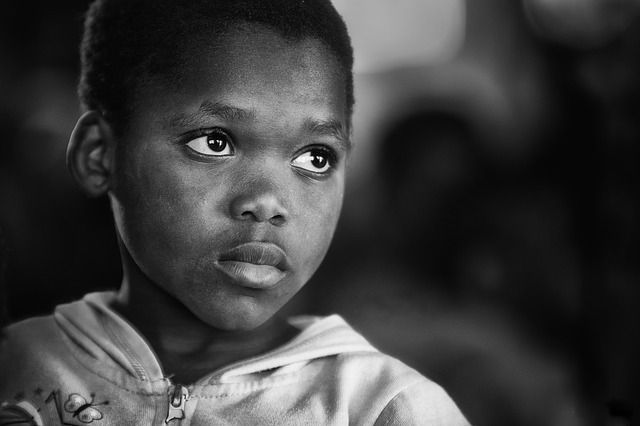Children are disappearing from asylum centres in Denmark. Last year, 461 children vanished from Gribskov and Sandholm, two Red Cross managed centres in northern Zealand.
Reports show that 50 other children have vanished from 14 centres operated by the Immigration Service.
Both European police authority Europol and the Red Cross have expressed fears that the missing kids may have would up in the clutches of human traffickers.
Shocking numbers
Of the missing children, 268 are registered in the police system as being sought after, while 193 disappeared before they were even registered in the country.
“We know very little about where they wind up,” north Zealand police inspector Freddy Bech Jensen told Metroxpress. “We very rarely receive reports of them turning up, and there will always be criminals who are trying to exploit children and people on the run.”
Europol said last month alarm that 10,000 refugees have disappeared and that they have evidence that some refugee children have been sexually abused in Germany and Hungary.
“It is extremely worrying that children are disappearing in Denmark,” said Save the Children national head Kirsten Lund Larsen. “A child under 18 is entitled to security and a guardian.”
Where are they?
Lund said that her group is “doing their utmost” to find the missing children.
“Not all of them are being exploited, some may be with other family members,” she said. “We just do not know where they are or what they are doing.”
There have been 19 verified cases of children in Denmark winding up in the hands of human traffickers since 2009, most of them coming from the asylum system.














